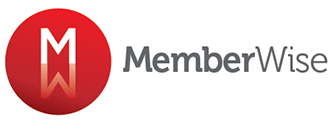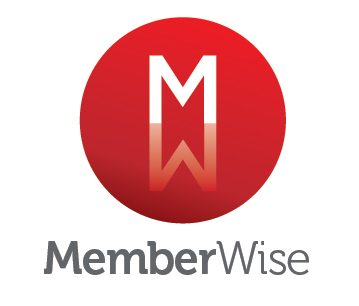Trying to structure and plan any type of learning support programme can be a daunting prospect (especially if you have little experience in this area). People’s attitudes to learning have changed over the years and, even before the Covid-19 pandemic, there was a significant swing to ‘learning in the moment’, a bite-sized approach to micro learning, giving the learner access to the right piece of content, at the right time.
Covid-19 has accelerated that learning process, and at the time of writing this article, it isn’t clear exactly what a post Covid-19 world will look like from a learning perspective. One thing is for certain, though, it won’t go back to where it was. There is some clear guidance that we can take from school environments that will help with adult learning or continuous development. Teaching methodology has been on a journey for the last 20 years, as more and more digital content became available (and the quality increased). The ‘blended approach’ to teaching (using both print and digital resources) clearly has benefits, but the practicality of teachers using technology in the classroom slowed down the uptake; teachers had concerns over stability, broadband connection as well as their own technical knowledge limitations and insecurities (no teacher wants to be shown up by a 13 year old).
There are obviously huge benefits of using technology and digital content in a learning context:
- Collaboration and peer reviews can help learners encourage and support each other
- There are time saving aspects for teachers and learners, allowing auto marking and immediate reporting
- Data analysis and Artificial Intelligence can improve the user experience and provide cross curricular/discipline support
- 24/7 access allows learners to learn whenever and wherever they want
- All learning styles can be catered for, using audio, video and interactive elements to raise engagement levels
- In the moment contexts can be utilised and the latest concepts shared immediately
- Virtual reality and simulations can be used to create environments not possible in a traditional ‘classroom’ environment
The membership community can learn a lot from the school community. Educational publishers have finally worked out what type(s) of content would best support teachers in the classroom – there are currently significant similarities between all of the courses provided by leading educational publishers. What we are seeing now is an evolution from ‘blended’ learning to ‘hybrid’ learning, which is including another dimension to the learning. This adds the notion of learner agency; giving the learner the choice and power to take meaningful action of their learning (supported by a teacher/tutor/mentor) and then to see, and react to, the results of those choices. It is about changing the ownership of the learning and this can be a powerful catalyst for transformation.
Although powerful, this shift is subtle, and has been around for many years already, but it is helping prepare learners for the future, by giving them problem solving, entrepreneurial and other essential skills they will need for the world of work.
There is, however, a change management issue with this approach that cannot be overlooked. Some teachers/tutors are not comfortable working in this way – they weren’t trained to teach like this and some feel they don’t have the full skill-set to manage a group of learners who could be at significantly different levels. Teachers and tutors will need support and help throughout the process. However, it’s important to realise that using technology in this way is not meant to replace the teachers/tutors – it is here to help and compliment them.
So what does this mean for the membership community? By learning from the mistakes and evolution of the school environment, It allows them to leapfrog their competitors and to provide world class learning, by building different curricula, architectures and learning environments. Once the systems are in place, put trust in the tutors and in the learners and aim for a hybrid approach that uses technology in a better way to enable learner agency.
 Haremi helps membership organisations and awarding bodies to create educational content for a wide range of learning solutions – either digital, print or a blend of both. We are the largest educational content provider in the UK, and our background is in educational publishing, working with corporate educational publishers and awarding bodies.
Haremi helps membership organisations and awarding bodies to create educational content for a wide range of learning solutions – either digital, print or a blend of both. We are the largest educational content provider in the UK, and our background is in educational publishing, working with corporate educational publishers and awarding bodies.









Leave A Comment